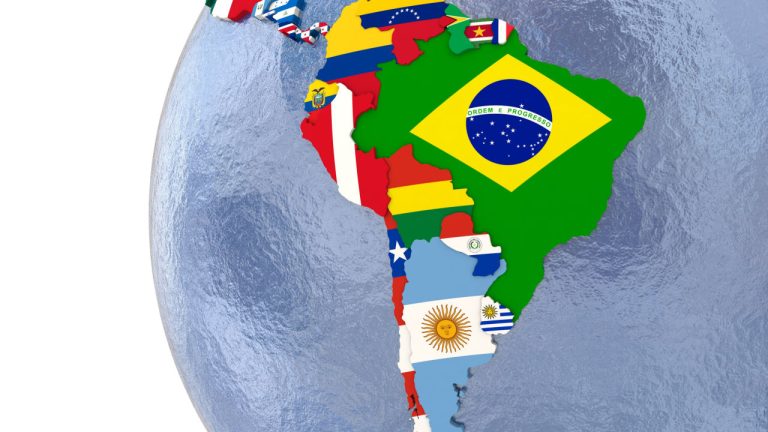Latam Countries Prepare Regional Agreement to Counter Rampant Inflation
Publikováno: 4.3.2023
 A group of countries in Latam is preparing a regional agreement to address inflation, a problem common to most nations in the region. The initiative, which is being spearheaded by Mexican president Andres Lopez Obrador, would allow the exchange of products with high prices between the states to lessen the effects of price rises. Latam […]
A group of countries in Latam is preparing a regional agreement to address inflation, a problem common to most nations in the region. The initiative, which is being spearheaded by Mexican president Andres Lopez Obrador, would allow the exchange of products with high prices between the states to lessen the effects of price rises. Latam […]

A group of countries in Latam is preparing a regional agreement to address inflation, a problem common to most nations in the region. The initiative, which is being spearheaded by Mexican president Andres Lopez Obrador, would allow the exchange of products with high prices between the states to lessen the effects of price rises.
Latam Countries to Fight Together Against Inflation
A group of Latam countries is banding together to organize a joint response against one of the biggest problems the region is fighting right now: inflation. Argentina, Brazil, Colombia, Cuba, and Mexico are preparing to sign an agreement to counter inflation, said Alberto Fernandez, the president of Argentina, in an interview with Ambito, an Argentine media outlet.
Fernandez stated the initiative was proposed by Mexican President Andres Lopez Obrador, who had called him to inquire about different initiatives to curb the effects of rising prices in the economy of the region. There have already been talks about how to organize this mechanism, involving Luiz Inacio “Lula” Da Silva, president of Brazil, Gustavo Petro, president of Colombia, and Miguel Díaz-Canel, president of Cuba.
The Argentine president revealed there is a summit set for March 17 to fine tune this new agreement and the role that each country will play in it. Ministers of the countries are already organizing the structure of the agreement.
How It Will Work
While there is still not a complete description of the inner workings of this anti-inflation mechanism, Fernandez did offer a brief description of it. The agreement would create a sort of clearing system that would serve to exchange products in a fast way between countries, focusing on items that present unusual price rises.
For example, if clothes see a rise in prices in Argentina, the country might seek to import them from another country in the group, exchanging them for raw materials or commodities, like soy. The aggregated value of such a mechanism is that the participating countries would not have to resort to settling these transactions with dollars, according to Fernandez.
Of all of the countries in the group, Argentina presents the highest levels of inflation, with a rise of almost 100% in prices registered during 2022, and a devaluation process that has taken its fiat currency, the Argentine peso, to historic lows. Cuba and Colombia were also shaken by high inflation, registering rises of 39% and 13.1%, respectively.
What do you think about the anti-inflation agreement that Latam countries are currently preparing? Tell us in the comments section below.